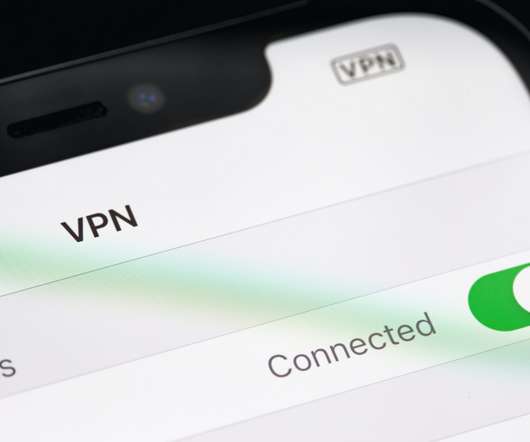A Deep Dive on the Recent Widespread DNS Hijacking Attacks
Krebs on Security
FEBRUARY 18, 2019
” The DNS part of that moniker refers to the global “ D omain N ame S ystem ,” which serves as a kind of phone book for the Internet by translating human-friendly Web site names (example.com) into numeric Internet address that are easier for computers to manage. PASSIVE DNS.












Let's personalize your content